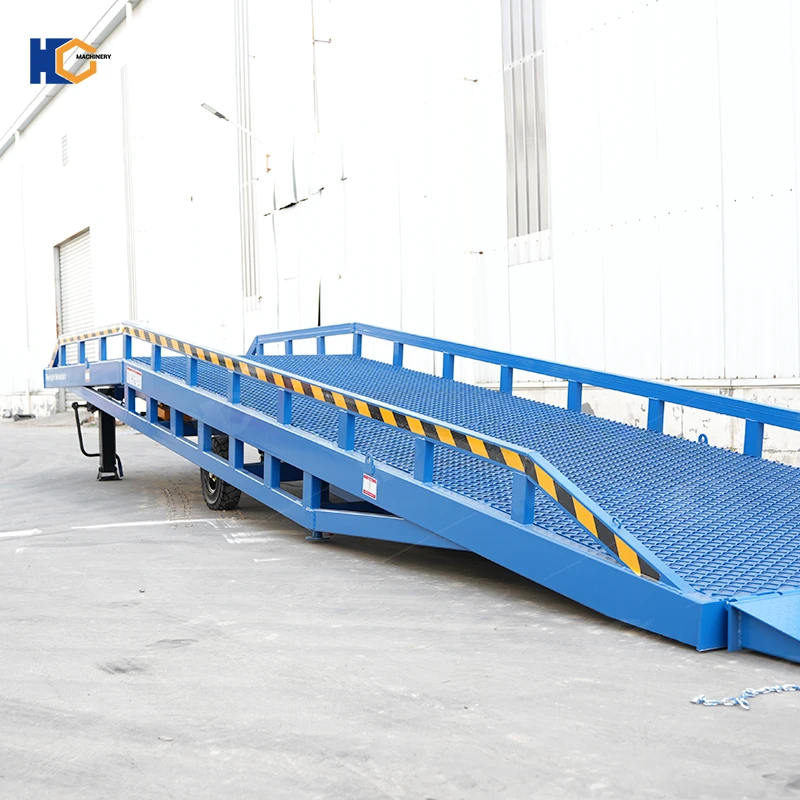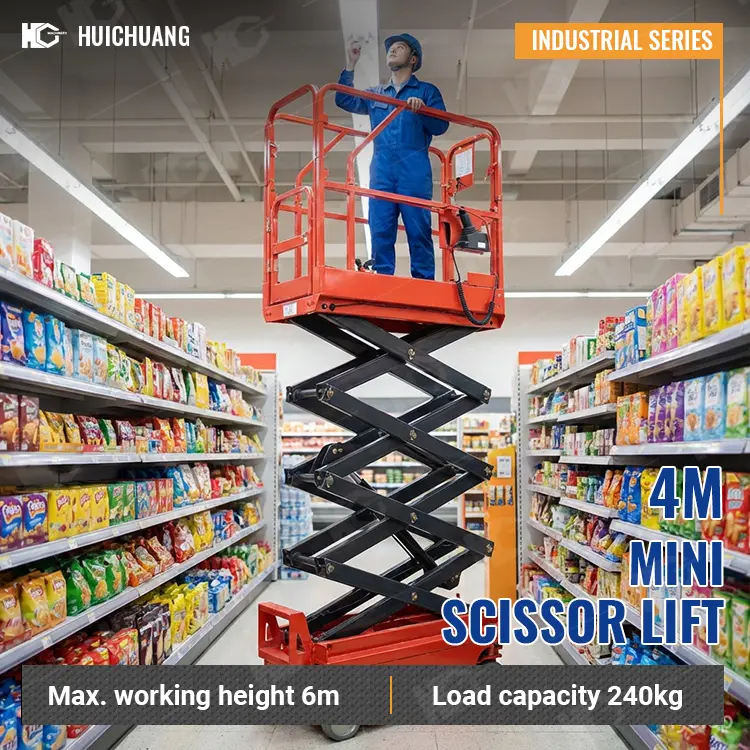When it comes to loading heavy cargo into trucks or containers, a 15-ton mobile loading ramp can save your team serious time and effort. Whether you’re running a warehouse, logistics center, or factory, this piece of equipment is a game-changer for streamlining operations. Let’s dive into what makes a mobile loading ramp so valuable, how it works, and why a 15T model might be exactly what your business needs.
What Is a Mobile Loading Ramp?
A mobile loading ramp—also known as a portable yard ramp—is a steel or aluminum structure that creates a bridge between ground level and the height of a truck bed, container, or dock. Forklifts can easily drive up and down the ramp to load or unload cargo. The “mobile” part means it’s mounted on wheels, allowing it to be moved anywhere you need it.
Instead of dedicating a permanent dock space, you can just roll this ramp into position, adjust the height, and start working. Simple, practical, and built to handle heavy-duty tasks.You can learn more about our products:Mobile loading ramp for unloading trucks, Our Mobile Loading Ramps are increasingly favored in international trade. If you are preparing to make a purchase, you can learn more about our product offerings.
Mobile Loading Ramps for Sale: A Comprehensive Buying Guide, These heavy-duty truck loading ramps are all manufactured in our factory. Contact us as soon as possible to get a competitive price.
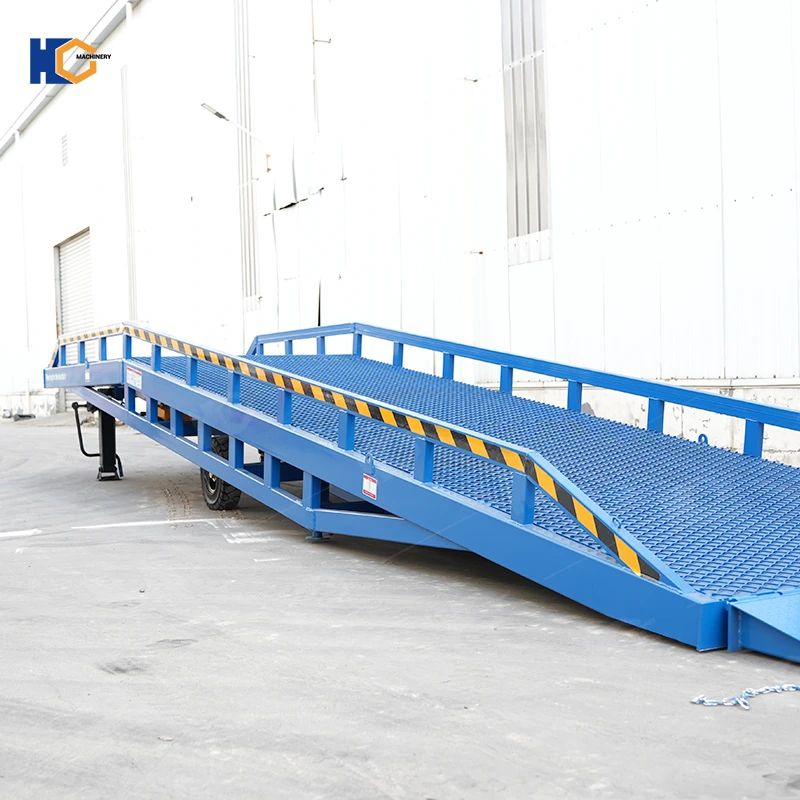
This 15T mobile loading ramp was photographed in the plaza outside our factory workshop. It looks really big and sturdy.
Why Choose a 15-Ton Mobile Loading Ramp?
The 15-ton (15T) capacity is ideal for most industrial and logistics applications. Here’s why it hits the sweet spot:
Heavy Load Capacity: Handles large machinery, pallets, steel coils, and other heavy goods without breaking a sweat.
Flexible Use: Works perfectly for forklifts, pallet jacks, and even small trucks.
Durable Build: Usually made from high-strength steel, coated with anti-rust paint or hot-dip galvanization for outdoor use.
Cost-Effective: Far cheaper and easier to install than a fixed loading dock.
Main Features and Specifications
| Parameter | Specification |
|---|---|
| Loading Capacity | 15 Tons |
| Ramp Length | 10–12 meters (customizable) |
| Ramp Width | 2.0–2.2 meters |
| Height Adjustment | 1.0–1.8 meters (hydraulic system) |
| Material | High-strength steel, anti-slip grating surface |
| Mobility | Equipped with solid tires and tow bar |
| Surface Treatment | Powder-coated or hot-dip galvanized |
| Working Environment | Indoor & outdoor, all-weather use |
The hydraulic lifting system allows quick height adjustment to match any truck height. The anti-slip surface ensures safety even in rainy or dusty conditions. And those heavy-duty tires? They make repositioning the ramp a breeze.
How It Works
Using a 15T mobile loading ramp is straightforward:
Position the ramp near the truck or container.
Adjust the height using the hydraulic pump until the lip of the ramp is flush with the truck bed.
Lock it in place with safety chains or clamps.
Drive the forklift up and down to load or unload cargo safely and efficiently.
No complicated setup, no need for power connections—just solid, mechanical reliability.
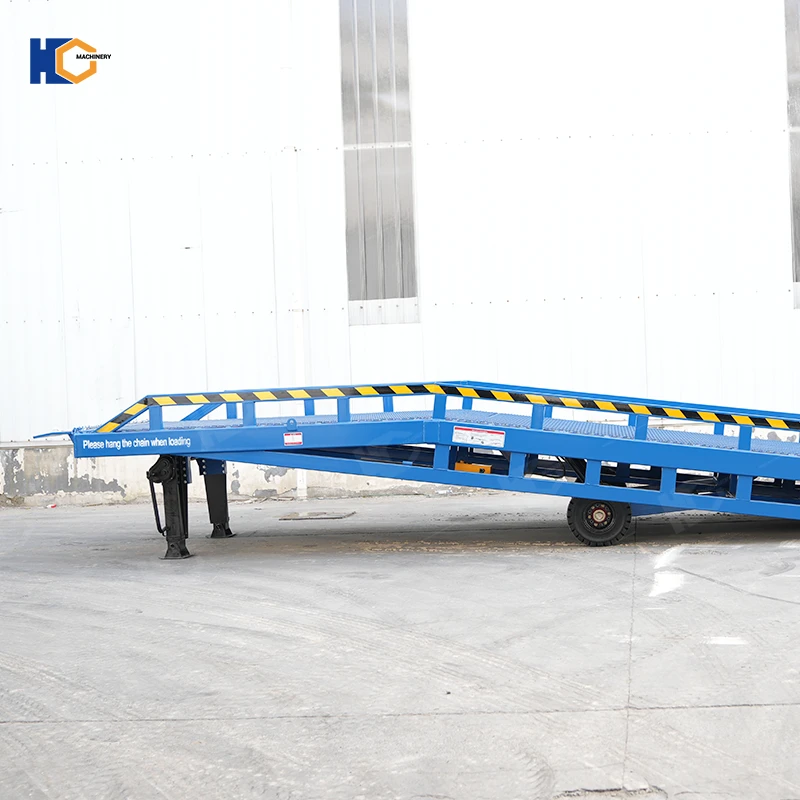
This 15T Mobile Loading Ramp has front support, which makes the Mobile Loading Ramp more stable.
Benefits of a Mobile Loading Ramp
Boosts Efficiency: Cuts loading and unloading time dramatically.
Enhances Safety: Stable design with guard rails and anti-slip surfaces prevents forklift accidents.
Saves Space: When not in use, it can be parked aside—freeing up your yard or dock area.
Easy Maintenance: Simple hydraulic and mechanical components mean low upkeep.
Customizable Design: Ramp length, width, color, and even tires can be customized to fit your operations.
Applications
The 15T mobile loading ramp is widely used in:
Logistics and freight companies
Warehouses and distribution centers
Construction sites
Manufacturing plants
Ports and container yards
Basically, anywhere goods are constantly being loaded and unloaded, a mobile ramp is worth its weight in steel.
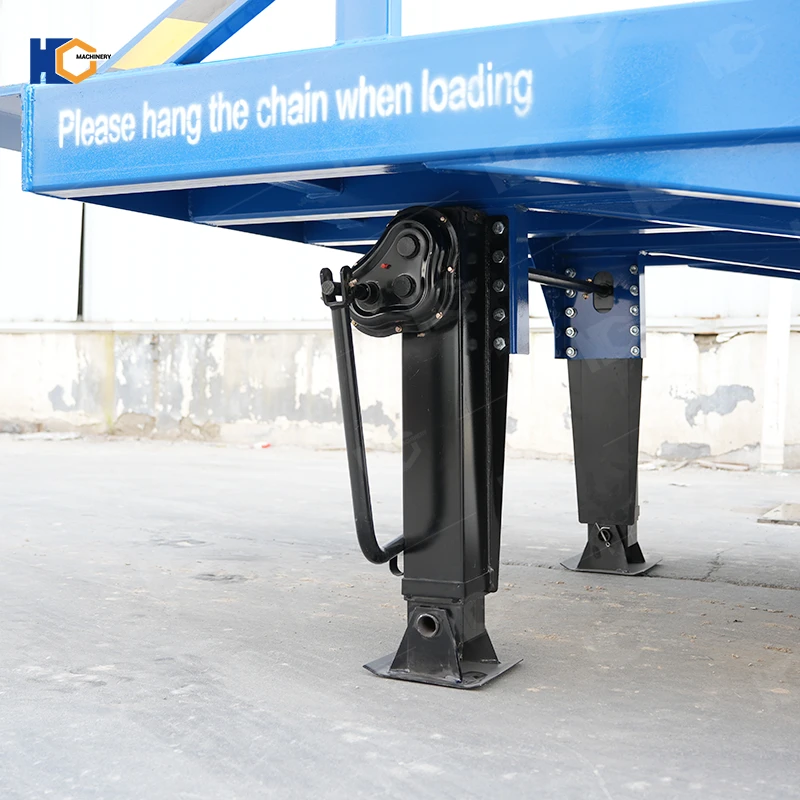
This support is very solid.
Pricing and Custom Options
The factory price of a 15T mobile loading ramp generally ranges from $3,500 to $6,000, depending on specifications, materials, and add-on features like galvanized surfaces or hydraulic power units. Many manufacturers offer OEM or custom ramps—you can request your company logo, color scheme, or unique dimensions.
How to Choose the Right Model
Before ordering, consider:
Forklift capacity: Match the ramp load rating to your heaviest forklift and cargo.
Truck height range: Make sure the adjustable height covers your common loading levels.
Environment: If your yard is outdoors, opt for hot-dip galvanization for corrosion protection.
Mobility needs: Choose solid tires for heavy-duty movement or pneumatic tires for softer terrain.
How to Use a Mobile Loading Ramp Safely and Efficiently
Using a mobile loading ramp is actually very straightforward — but proper operation is the key to keeping your loading work both safe and efficient. Here’s a clear step-by-step guide to help your team handle it correctly.
1. Preparation Before Use
Inspect the Ramp
Check that the surface has no cracks, deformation, or oil stains.
Ensure the hydraulic system works smoothly with no leakage.
Inspect the tires or solid wheels and make sure the tow bar is firmly attached.
Clear the anti-slip grating of any debris or obstacles.
Choose a Stable Ground Surface
Place the ramp on solid, level ground so that the support legs are stable.
Avoid slopes, uneven ground, or soft soil that could cause tilting.
2. Adjust the Height
Lift with the Hydraulic System
Use the manual or electric hydraulic pump to raise the ramp slowly.
Adjust the height until the ramp lip sits evenly with the truck or container floor.
Lock It in Position
Secure the ramp to the truck using safety chains or clamps.
Make sure it’s firmly fixed and cannot slide during operation.
3. Loading and Unloading
Drive Up Slowly
Move the forklift or pallet jack onto the ramp at a slow and steady speed.
Avoid sudden acceleration or braking.
Balance the Load
Keep cargo weight evenly distributed to prevent overloading one side.
Only one forklift should operate on the ramp at a time.
Stay Clear of Danger Zones
Do not stand under or beside the ramp while it’s in use.
Avoid striking the ramp edges with forklift forks.
4. After Unloading
Release the Safety Chains
Once all forklifts and goods are clear, remove the chains or clamps connecting the ramp to the truck.
Lower the Ramp
Use the hydraulic system to slowly bring the ramp back to its original position.
Move and Store the Ramp
Tow the ramp to the designated storage area.
Apply the brake or use wheel chocks to prevent movement.
5. Safety Tips
Never exceed the rated capacity (for example, 15 tons).
Be extra cautious on rainy or snowy days — anti-slip surfaces help, but stay alert.
Regularly maintain the hydraulic system, tighten bolts, and check welds.
Have the ramp professionally inspected every six months.
In short:
A mobile loading ramp is a true game-changer for logistics and warehousing operations, but safe handling is the foundation of efficiency.
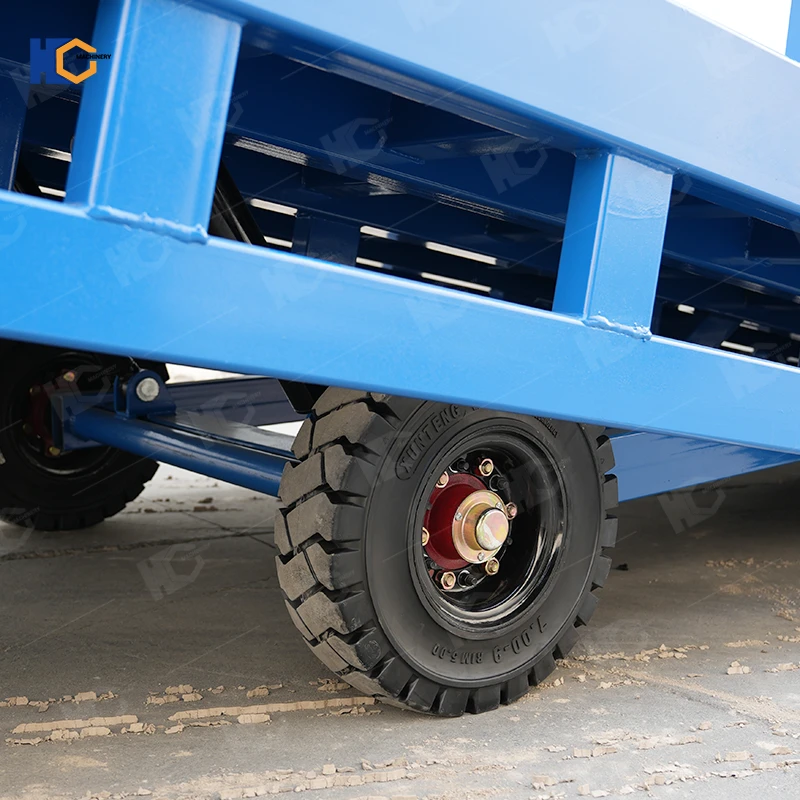
The universal tire model makes the mobile loading ramp easier and more flexible to move.
Final Thoughts
A 15T mobile loading ramp is more than just a piece of equipment—it’s a productivity multiplier. It keeps your workflow smooth, your workers safe, and your logistics running like clockwork. In addition to the 15-ton product, we also offer: 6-20tons heavy duty truck loading ramps
.Whether you’re scaling up your warehouse or managing high-volume shipping, this rugged ramp is an investment that pays for itself quickly.
If you’re in the market for a custom 15-ton loading ramp, reach out to a professional manufacturer that offers full design and after-sales support. After all, in the logistics game, efficiency isn’t a luxury—it’s survival.
